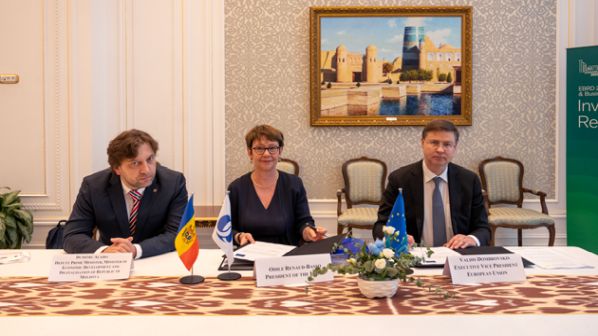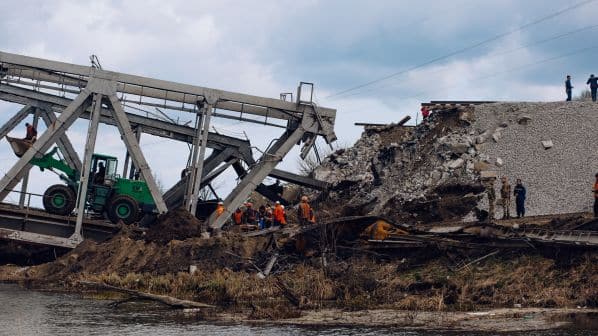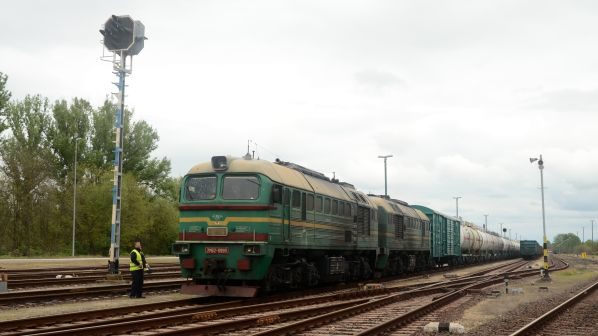THE European Bank for Reconstruction and Development (EBRD) and the European Commission (EC) have approved a €43m financial package to rehabilitate two key sections of the national rail network in Moldova, which will facilitate the movement of transit freight between Ukraine and the European Union (EU).
The EU will provide an investment grant of €20m, while the EBRD will lend the government of Moldova €23m. The remaining €28m of funding for the €71m project will be met by Moldova Railways (CFM), which is responsible for implementing the upgrades.
The EBRD says rehabilitating the lines on Moldova’s North-South corridor will boost economic development. Like neighbouring Ukraine, Moldova was granted EU candidate status in 2022.
The project is expected to increase network capacity and remove speed restrictions. It was launched at the EBRD’s 2023 Annual Meeting in Samarkand by EBRD president, Ms Odile Renaud-Basso, and European Commission executive vice-president, Mr Valdis Dombrovskis. EU funding is being provided via the Rapid Response Component of its Neighbourhood, Development and International Cooperation Instrument-Global Europe (NDICI-GE).
Since Russia invaded Ukraine on February 24 2022, difficulties in maintaining maritime exports of Ukraine’s large grain output have put a new emphasis on finding alternative routes in order to maintain global food security.
The project aims to increase Moldova’s logistics and transit potential and bring operational efficiency from improved regional infrastructure through the rehabilitation of rail infrastructure, first on the Valcinet - Balti - Ungheni route, followed by Chisinau - Cainari under the second phase of the project.
The project will also improve the security of food supplies by making it easier for freight from Ukraine to reach Constanta in Romania, the largest operable port on the Black Sea, as well the ports of Galati, Reni, Ismail and Giurgiulesti.
The current low capacity of the Moldovan rail network means that most freight moving west from Ukraine goes travels by road, and enabling modal shift to rail will also reduce Moldova’s carbon emissions.



